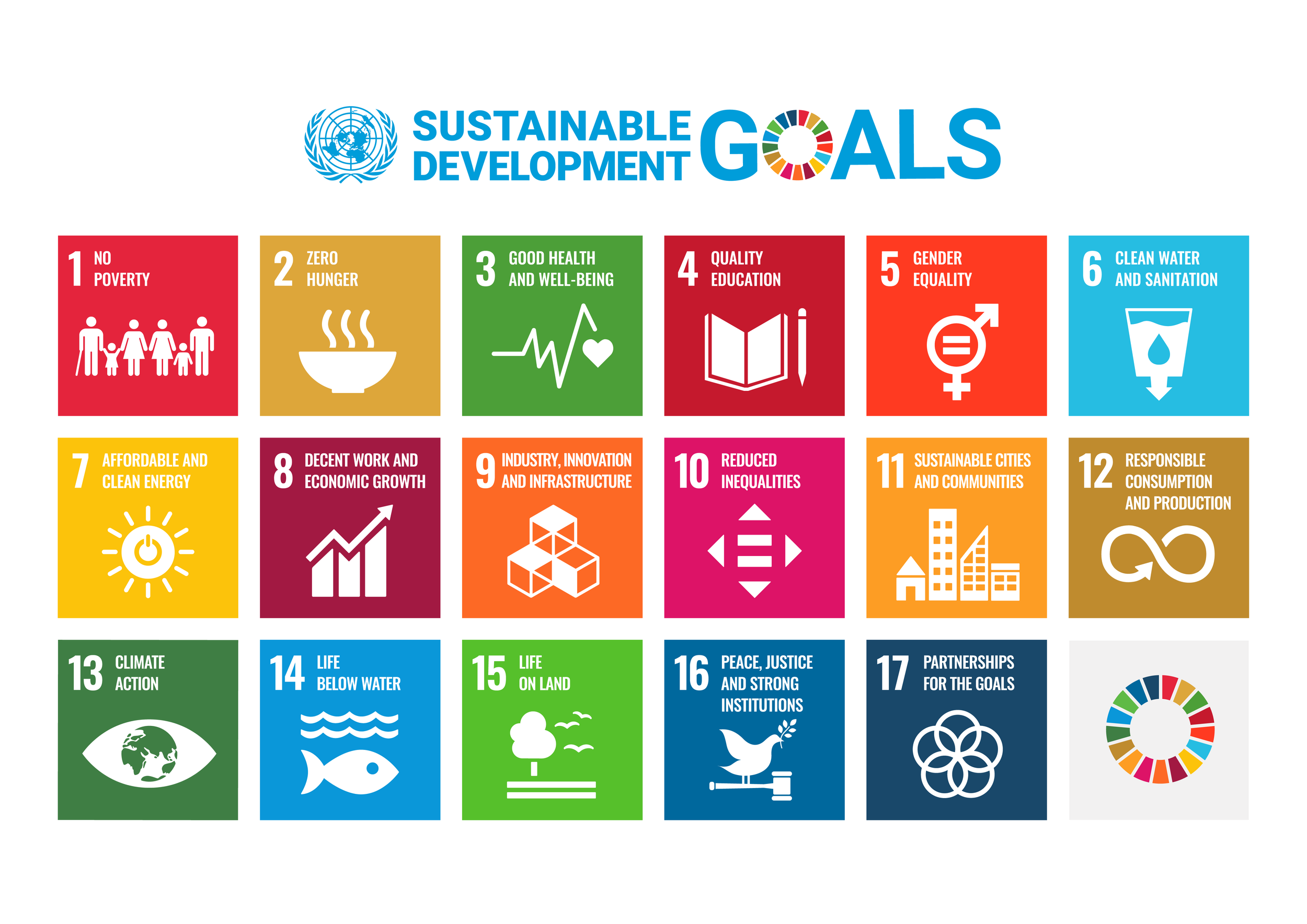At Fresh Heights, we are proud to be working towards involvement in ten out of the seventeen Sustainable Development Goals (SDGs). Our commitment aligns with global efforts to promote sustainability and enhance quality of life. We focus on goals such as Zero Hunger, Good Health And Well-Being, Sustainable Cities And Communities, and Climate Action, striving to create impactful changes within our communities and industries. By integrating these goals into our business practices, we aim to contribute to a more sustainable and equitable future for all.
The specific targets currently being addressed for each Sustainable Development Goal (SDG) are outlined below:
2.1 By 2030, end hunger and ensure access by all people, in particular the poor and people in vulnerable situations, including infants, to safe, nutritious and sufficient food all year round.
2.4 By 2030, ensure sustainable food production systems and implement resilient agricultural practices that increase productivity and production, that help maintain ecosystems, that strengthen capacity for adaption to climate change, extreme weather, drought, flooding and other disasters and that progressively improve land and soil quality.
3.9 By 2030, substantially reduce the number of deaths and illnesses from hazardous chemicals and air, water and soil pollution and contamination.
4.7 By 2030, ensure that all learners acquire the knowledge and skills needed to promote sustainable development, including, among others, through education for sustainable development and sustainable lifestyles, human rights, gender equality, promotion of a culture of peace and non-violence, global citizenship and appreciation of cultural diversity and of culture’s contribution to sustainable development.
6.3 By 2030, improve water quality by reducing pollution, eliminating dumping and minimising release of hazardous chemicals and materials, halving the proportion of untreated wastewater and substantially increasing recycling and safe reuse globally.
6.4 By 2030, substantially increase water-use efficiency across all sectors and ensure sustainable withdrawals and supply of freshwater to address water scarcity and substantially reduce the number of people suffering from water scarcity.
9.5 Enhance scientific research, upgrade the technological capabilities of industrial sectors in all countries, in particular developing countries, including, by 2030, encouraging innovation and substantially increasing the number of research and development workers per 1 million people and public and private research and development spending.
11.a Support positive economic, social and environmental links between urban, peri-urban and rural areas by strengthening national and regional development planning.
12.2 By 2030, achieve the sustainable management and efficient use of natural resources.
12.3 By 2030, halve per capita global food waste at the retail and consumer levels and reduce food losses along production and supply chains, including post-harvest losses.
12.8 By 2030, ensure that people everywhere have the relevant information and awareness for sustainable development and lifestyles in harmony with nature.
13.1 Strengthen resilience and adaptive capacity to climate-related hazards and natural disasters in all countries.
13.3 Improve education, awareness-raising and human and institutional capacity on climate change mitigation, adaptation, impact reduction and early warning.
14.1 By 2025, prevent and significantly reduce marine pollution of all kinds, in particular from land-based activities, including marine debris and nutrient pollution.
15.3 By 2030, combat desertification, restore degraded land and soil, including land affected by desertification, drought, and floods, and strive to achieve a land degradation-neutral world.












